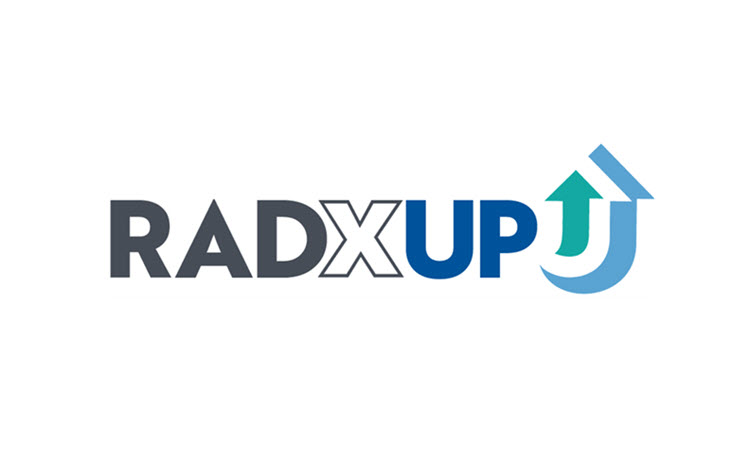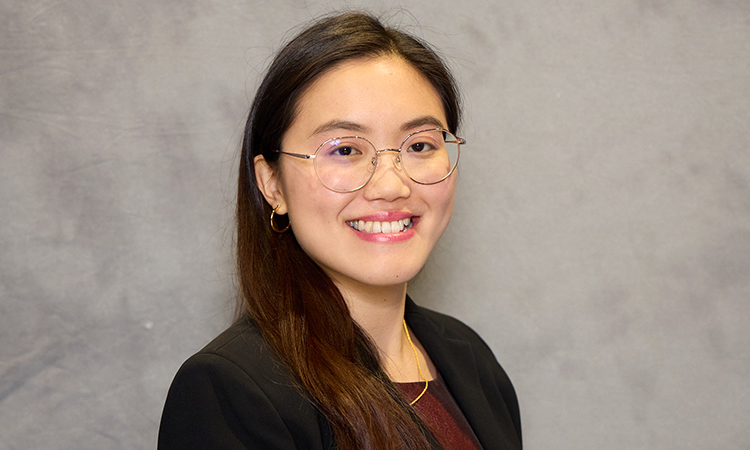Students from the Kaiser Permanente Bernard J. Tyson School of Medicine (KPSOM) had the opportunity to volunteer as co-facilitators at the RADx-UP COVID-19 Equity Evidence Academy late last month. RADx-UP, which stands for “Rapid Acceleration of Diagnostics in Underserved Populations,” is part of a National Institutes of Health-funded program dedicated to addressing the pandemic and reducing disparities related to COVID-19.
“I’m honored and excited that there is an opportunity for them to volunteer their time and be part of the process. I’m glad they are on board because it gives them an opportunity to have a national perspective on COVID-19, a topic they are dealing with right now with in Greater Los Angeles,” said Lori Carter-Edwards, PhD, MPH, KPSOM Assistant Dean for Community Engagement, who led the national, virtual gathering. “It also gives them an opportunity to build skills in facilitation on a fast-moving project, where they can use their own communication styles to guide the discussion.”
The event, dedicated to bridging infrastructures for equitable COVID-19 testing and vaccinations, included nationally recognized healthcare experts and drew an audience from across the country. Paul Chung, MD, MS, KPSOM Chair of Health Systems Science, helped Carter-Edwards and her team select speakers and refine conference themes as a member of the Evidence Academy Steering Committee. It was the second in a series of four planned RADx-UP conferences, which began in 2020 in response to the pandemic. KPSOM students will also have volunteering opportunities at upcoming events in 2022 and 2023.
First-year KPSOM students Ahmad Alach, Paula Hornstein, Cortez Johnson, Anna Richards, and May Let Wah were trained by Carter-Edwards and a project coordinator leading up to the event. The students helped guide one of several breakout discussions on themes such as pandemic preparedness, surge testing, and communication strategies. They also contributed to information-gathering with designated reporters, who created an overview outlining the issues and recommendations from each session, which were then shared with all conference attendees.
“Health equity is something I am passionate about. It was exciting to listen to and think about the local insights provided by the attendees,” said first-year student Ahmad Alach. “We all have a lot to learn from each other, and the RADx-UP Evidence Academy is a beautiful way of sharing those insights and lessons. I am sure that it will help us be better prepared to help patients and alleviate suffering.”
Another student, May Let Wah, felt similarly about co-facilitating a session dedicated to COVID-19 surge and routine testing.
“It was an amazing experience. I had the opportunity to talk to community partners and learn about COVID-19 efforts for mass testing and vaccination in local communities, including rural and marginalized communities,” she said. “It was motivating to hear that we are improving equity in these populations by offering alternative forms of testing such as mobile clinics, affordable or free self-testing kits, and walk-up options.”
The students were also able to submit questions to conference keynote speakers, including Dr. Marcella Nunez-Smith, Yale professor, Senior Advisor to the White House COVID-19 Response Team, and Chair of the Presidential COVID-19 Health Equity Task Force.
Student Paula Hornstein, who spent her gap year working with Right to Health Action, a community organization dedicated to effective and equitable pandemic relief and prevention, was inspired by what she heard, “I was filled with hope by everyone’s continued dedication to the pursuit of health equity two years into the pandemic,” she said.



